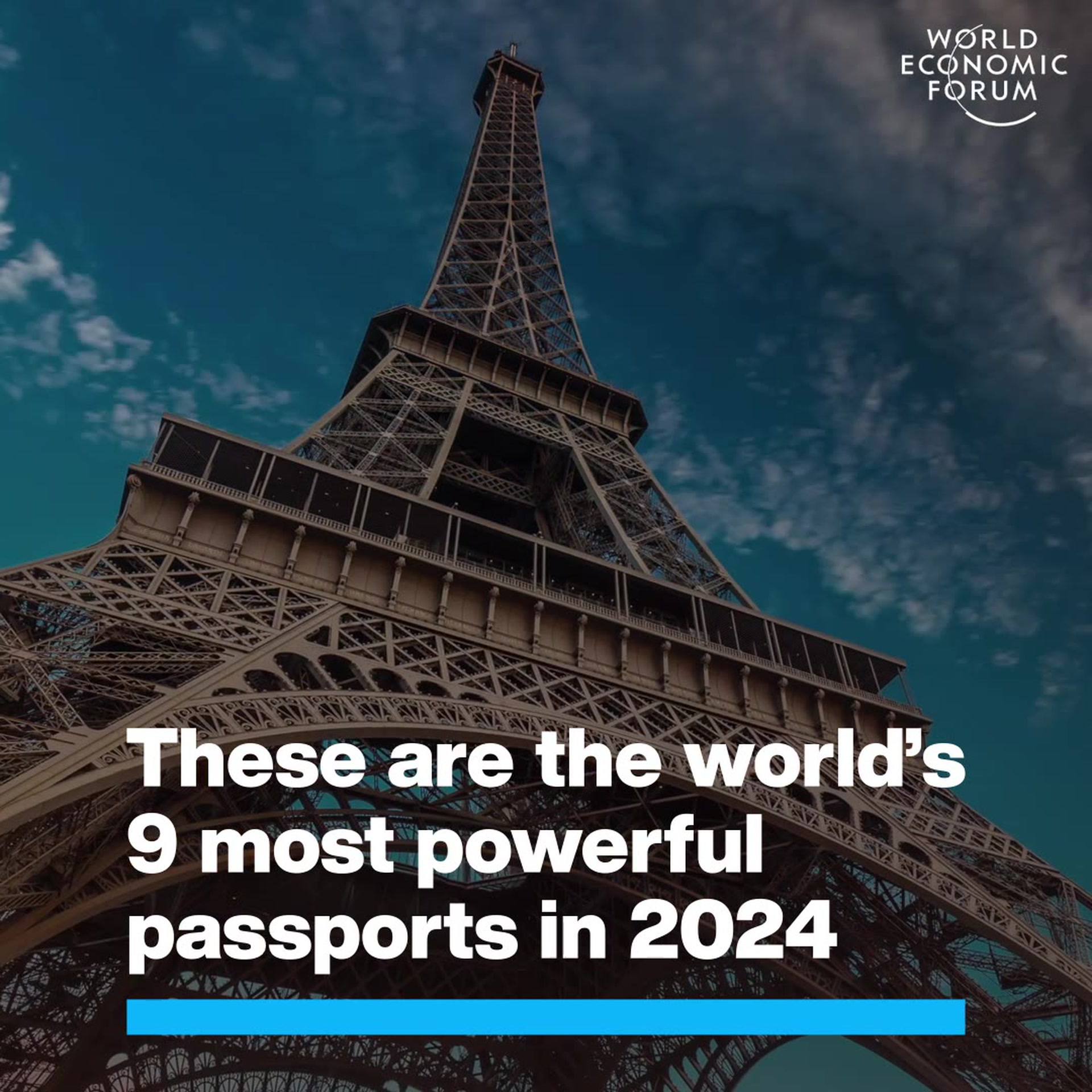From fishing village to futuristic metropolis: Dubai’s remarkable transformation

A modern metropolis. Image: REUTERS/Ahmed Jadallah

Get involved with our crowdsourced digital platform to deliver impact at scale
Stay up to date:
Travel and Tourism
At over 1000m tall, the rocket-shaped Dubai Creek Tower will be the world’s tallest building when it’s completed, stealing the crown from one of the city’s other mega structures, the Burj Khalifa, just down the road.
Showy and opulent, this latest addition to the Dubai skyline is typical of the city that a few decades back was little more than a fishing village.
Built on the back of an oil and real-estate boom, Dubai is now recognized as the globalized financial capital of the United Arab Emirates (UAE); a hub for trade, tourism and banking.
Reaching for the sky, the city-state is teeming with glittering infrastructure. It has become synonymous with colossal projects including man-made islands and the world’s largest natural flower garden, tallest ferris wheel and most luxurious hotel.

Built on oil
Since Dubai started to diversify its economy in the 1970s it has grown more quickly than many of its neighbours. Easily accessible from around the world, the population rocketed in the decades that followed, largely driven by foreign migrants.

The UAE capital – and by far the wealthiest emirate – Abu Dhabi has also seen a population boom in the last 50 years. But there is a marked difference between the UAE’s two most successful emirates – Abu Dhabi still relies on oil for much of its wealth. Today less than 1% of Dubai’s GDP is from oil – at one time it was over half.
By 2050 Dubai aims to get almost half of its energy from renewable sources. That said, Dubai is also building a giant coal power plant – the first in the UAE.
What is the Annual Meeting of the Global Future Councils?
A slowing economy
Behind the prosperity on display, Dubai’s economy has not been performing well in recent years. Property prices have been falling, construction projects are on hold, the number of white collar jobs available is faltering and economic growth is slowing.
Despite the diversification of the economy, many of Dubai’s current problems are linked to the 2015 drop in oil prices.
And Dubai is certainly not alone in recognizing the need to avoid over-dependence on oil.
Abu Dhabi and the other emirates are also making efforts to diversify their economies, looking to grow their non-oil knowledge-based sectors.
The $13.6 billion Ghadan 21 reforms include a series of initiatives to attract investment and new business to Abu Dhabi from overseas. The government is offering loans and encouraging investment and ecotourism in some of its underdeveloped regions.
Don't miss any update on this topic
Create a free account and access your personalized content collection with our latest publications and analyses.
License and Republishing
World Economic Forum articles may be republished in accordance with the Creative Commons Attribution-NonCommercial-NoDerivatives 4.0 International Public License, and in accordance with our Terms of Use.
The views expressed in this article are those of the author alone and not the World Economic Forum.
Related topics:
The Agenda Weekly
A weekly update of the most important issues driving the global agenda
You can unsubscribe at any time using the link in our emails. For more details, review our privacy policy.
More on Travel and TourismSee all
Naoko Tochibayashi and Naoko Kutty
March 28, 2024
Abeer Al Akel and Maimunah Mohd Sharif
February 15, 2024
Priya Singh
February 8, 2024
Thea de Gallier
January 31, 2024









